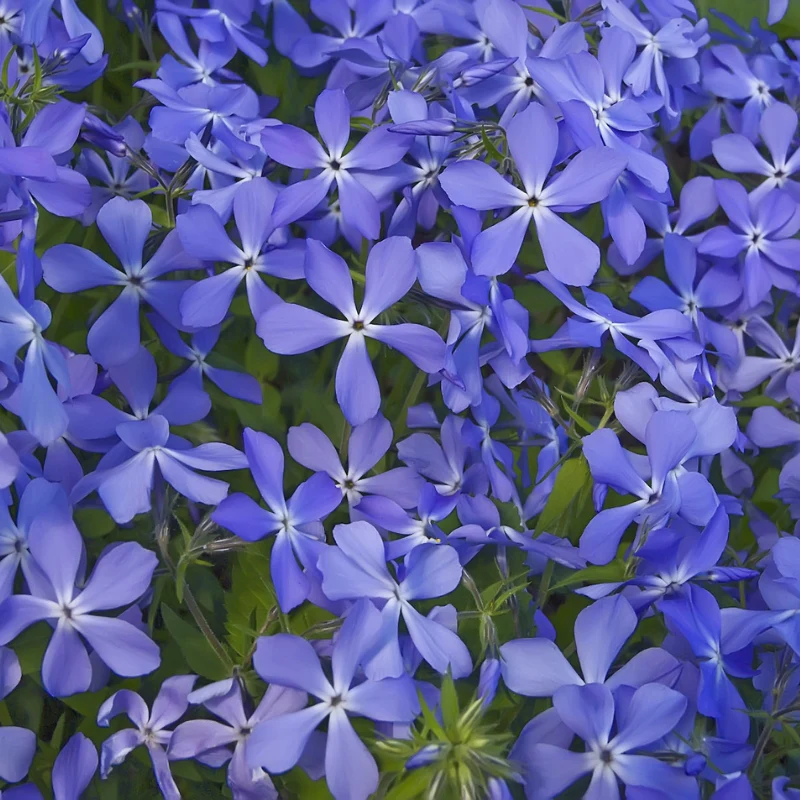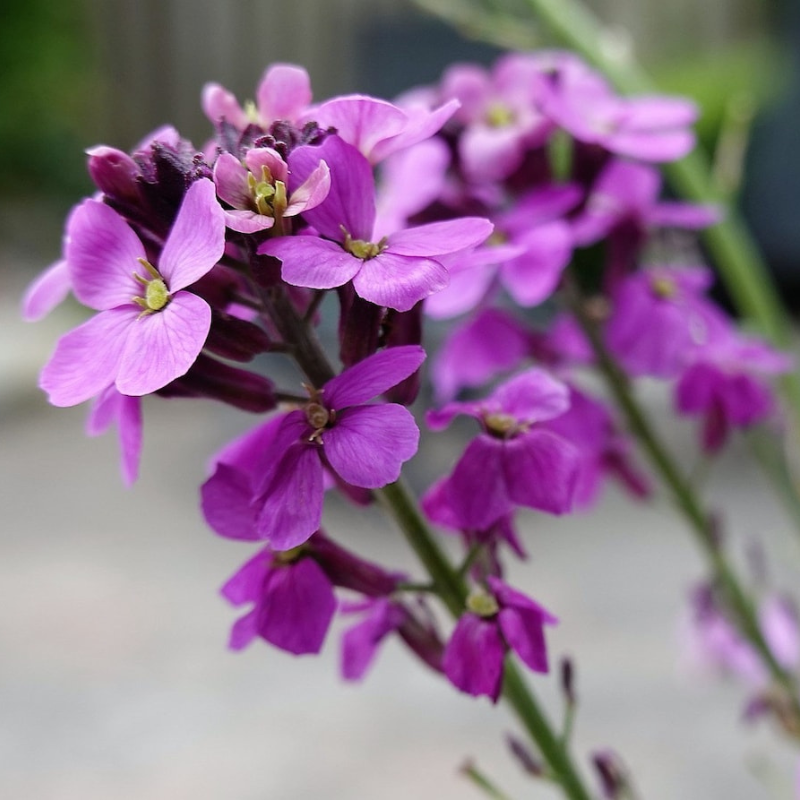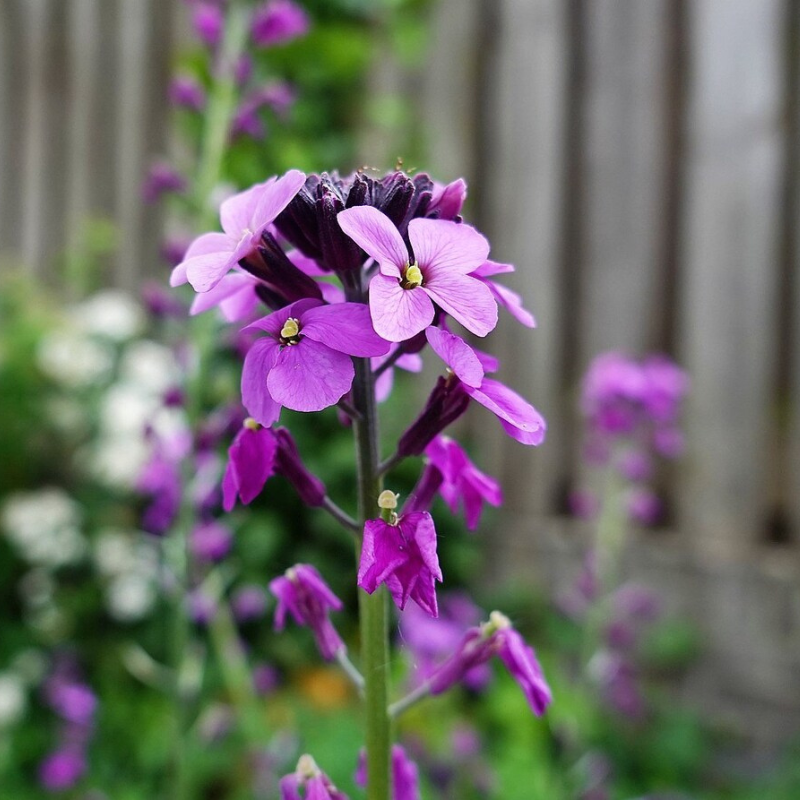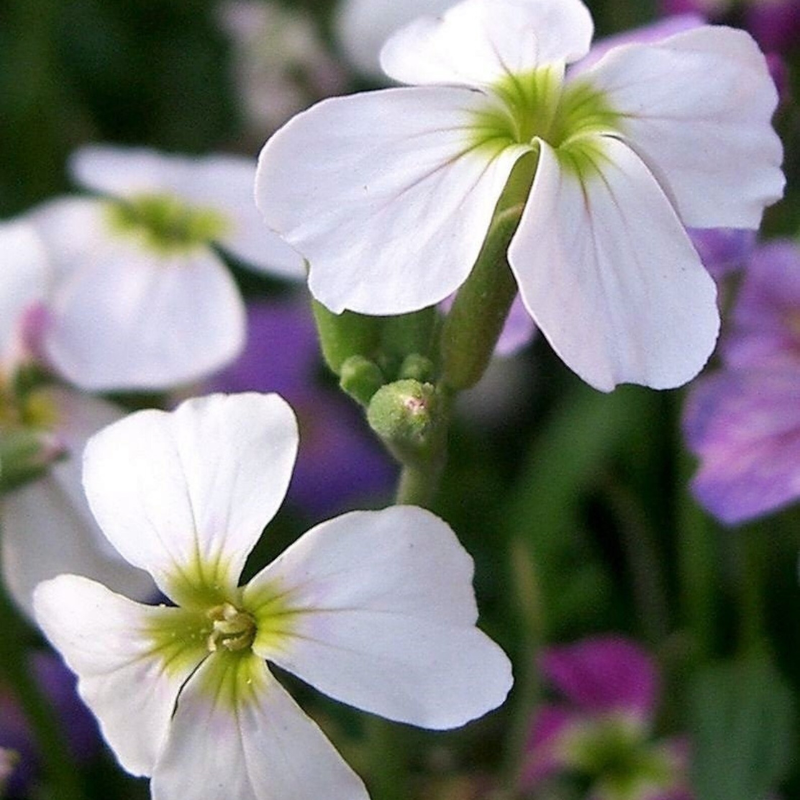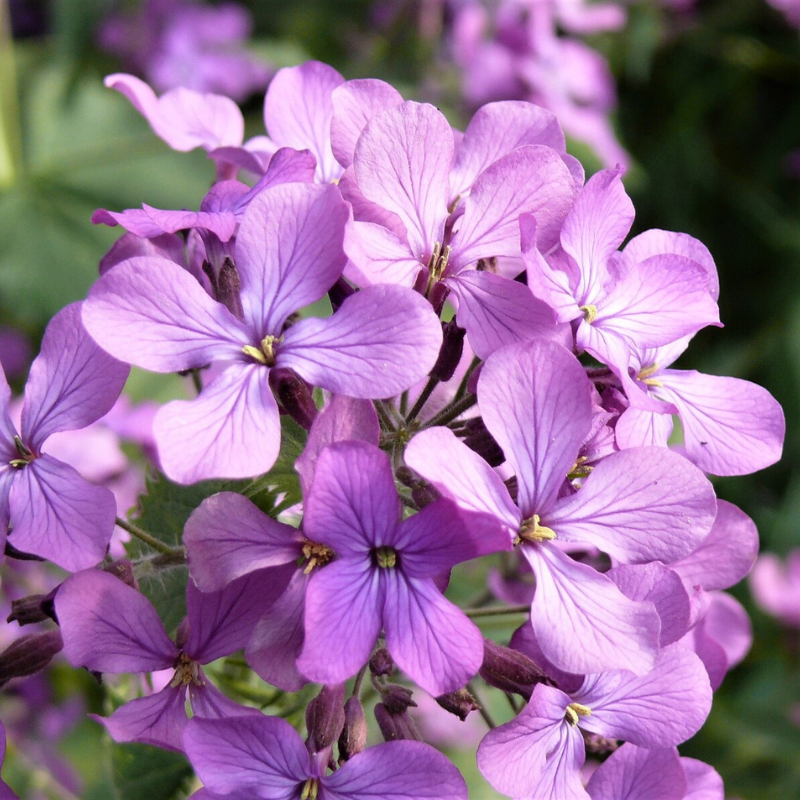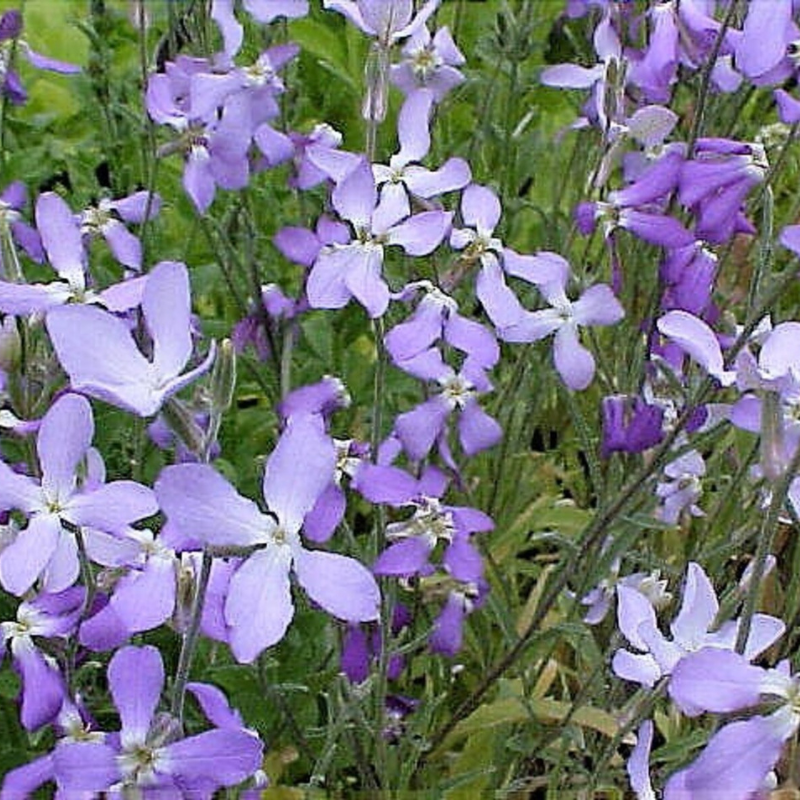- Historical context: Evening Scented Stock (Matthiola longipetala) is a member of the Brassicaceae family, known for its delightful fragrance that becomes more pronounced in the evening.
- Geographical origination: This plant is native to the Mediterranean region, particularly around Greece and the surrounding areas.
- Relevant cultural significance: Evening Scented Stock has been cherished in gardens for centuries due to its pleasant evening fragrance, making it a popular choice for night gardens and moonlit landscapes.
- Time period of discovery: The exact time of discovery is not well-documented, but it has been cultivated since ancient times in Mediterranean regions.
- Original habitat: It thrives in coastal and rocky areas with well-drained soil.
- Notable historical uses: Historically, it has been used primarily for ornamental purposes in gardens and as a natural air freshener due to its strong evening scent.
- Ideal temperature range: Evening Scented Stock prefers cooler temperatures, ideally between 50-70°F (10-21°C).
- Soil type: It thrives in well-drained, sandy or loamy soil with a neutral to slightly alkaline pH.
- Sunlight requirements: Full sun to partial shade. It benefits from some afternoon shade in hotter climates.
- Watering needs: Moderate watering is required. Keep the soil consistently moist but not waterlogged.
- Planting season: Best planted in early spring or late summer to avoid the hottest part of the year.
- Germination time: Seeds typically germinate within 7-14 days under optimal conditions.
- Growth cycle duration: The plant grows quickly and can bloom within 8-10 weeks from planting.
- Common pests and diseases: Aphids, flea beetles, and powdery mildew can be common issues. Regular monitoring and organic treatments can help manage these problems.
- Companion planting advice: Evening Scented Stock pairs well with other night-blooming plants like Moonflower and Night Phlox, enhancing the evening fragrance in the garden.
- Common challenges and solutions: Overwatering can lead to root rot. Ensure proper drainage and avoid waterlogged conditions. In hot climates, provide afternoon shade to prevent wilting.
- Nutritional values: Not applicable as Evening Scented Stock is primarily ornamental and not consumed.
- Health benefits: While not used medicinally, the plant's fragrance can have a calming and relaxing effect, contributing to mental well-being.
- Culinary uses: None, as the plant is not edible.
- Medicinal uses: There are no significant medicinal uses documented for Evening Scented Stock.
- Other unique advantages: Evening fragrance: The plant's strong, sweet scent is most pronounced in the evening, making it ideal for night gardens.
Ornamental value: Its delicate flowers add aesthetic appeal to gardens and landscapes.
Pollinator attraction: The flowers attract nocturnal pollinators like moths, contributing to garden biodiversity.
